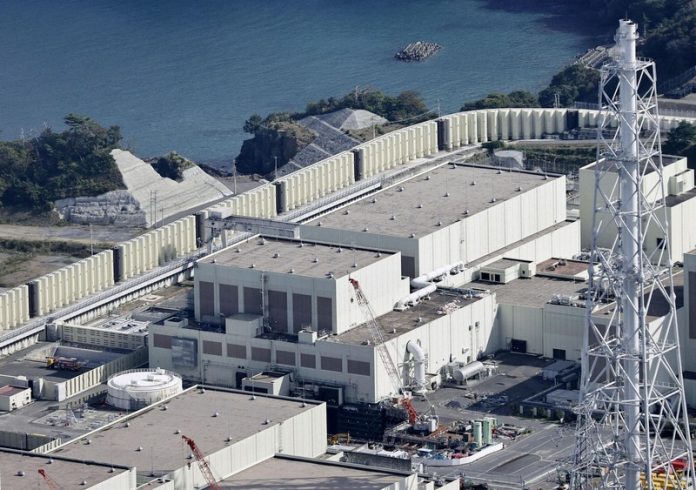Japanese nuclear reactor, which restarted last week for the first time in more than 13 years after it survived a massive 2011 earthquake and tsunami, was shut down due to an equipment malfunction.
Reactor No. 2 at the Onagawa nuclear power plant on Japan’s north coast was re-commissioned on 29 October. It was supposed to start generating electricity in early November, but had to be shut down again on Sunday, five days after restarting. The fault occurred in a device linked to neutron data inside the reactor, according to Tohoku Electric Power Co.
The reactor is one of three at the Onagawa NPP, which is 100 kilometres (62 miles) north of the Fukushima Daiichi. The plant was operating normally and there was no release of radiation into the environment, Tohoku Electric said. A new re-commissioning date has not been announced.
The Onagawa NPP was hit by a 13-metre (42-foot) high tsunami caused by the earthquake, but was able to achieve a safe shutdown of the cooling systems of all three reactors.
Last year, the Japanese government adopted a plan to maximise the use of nuclear power, insisting on an accelerated restart of the reactors to meet its commitment to achieve carbon neutrality by 2050.
Concerns over the revival of nuclear power rose after a magnitude 7.5 earthquake struck Japan’s Noto Peninsula on 1 January 2024. The disaster killed more than 400 people, damaging over 100,000 buildings.
